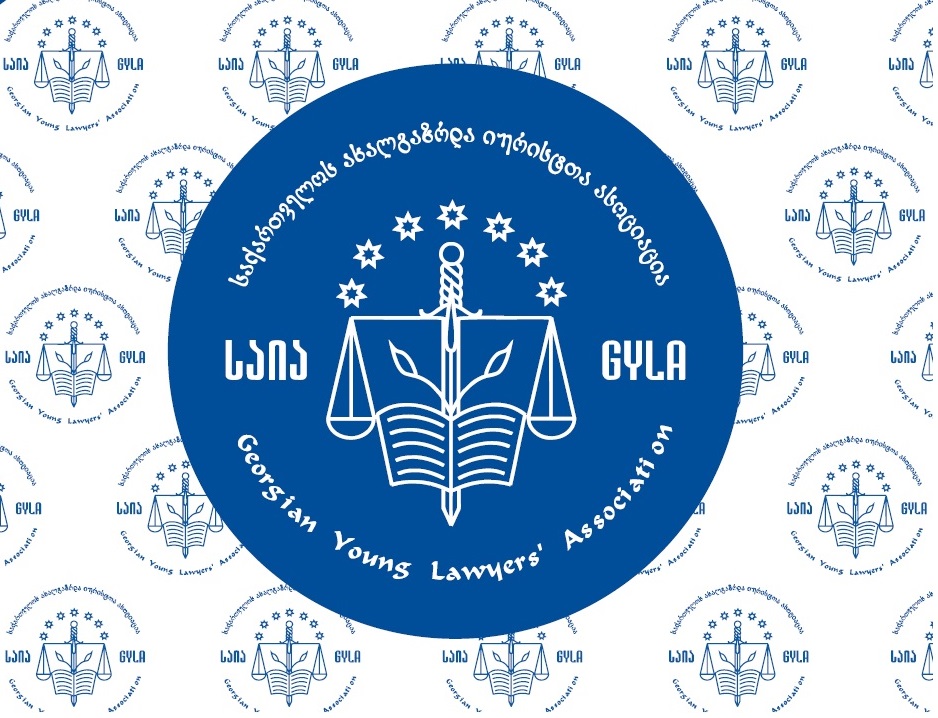


On December 12, 2012, draft of changes to the organic law of Georgia on Political Unions of Citizens was initiated in the parliament of Georgia.
Some of the changes proposed by the draft law are positive and reflect reccomendations of international and local non-governmental organizations. However, there are certain gaps and uncertainties that should be further elaborated and revised, including particularly issues related to political parties and legal persons connected to them. According to the proposals, financial limitations and obligations of accountability envisaged for political parties also apply to legal persons connected to them, including non-commercial entities. Such restrictions also apply to legal persons who, by means of a representative or through any other person, call on voters to support or refrain from supporting any political force. For example, under the draft law, a representative of an NGO who voices a proclamation in support an election subject can be deprived of the right to receive a contribution from any legal person.
We believe that the noted regulation is not only vague but also unacceptable to a certain extent and contradicts the principle of freedom of expression. Such prohibition is especially absurd considering that civil servants are not subject to any restrictions for their participation in pre-election campaigning, when they are not directly exercising their official authority. Furthermore, such regulations leave room for abuse.
For the purpose of monitoring activities of parties, the draft law offers to set up a permanent regulatory agency. Such innovation in its turn is a positive step forward that we welcome. It is important for the chamber of control to remain impartial in their work for monitoring funding of political parties. Norms regulating the work of political parties adopted by the chamber should be clear, easy to fulfill and foreseeable, in order to prevent creation of artificial barriers in the work of political unions. Amendments proposed by the draft law should ensure equal conditions for political parties. Furthermore, regulations should be sufficiently optimal to prevent stakeholders from seeking ways to bypass regulations; corresponding regulatory agencies should not pursue selective administration.
On December 19, the draft law was adopted with the first reading at the leading committee of legal affairs without publishing information about the committee session and agenda, which amounts to gross violation of law.
Please see the attached file.
ჯ. კახიძის #15, თბილისი, საქართველო, 0102 ; ტელ: (995 32) 95 23 53; ფაქსი: (995 32) 92 32 11; ელ-ფოსტა: gyla@gyla.ge; www.gyla.ge
15, J. Kakhidze str. 0102, Tbilisi, Georgia. Tel: (995 32) 95 23 53; Fax: (995 32) 92 32 11; E-mail: gyla@gyla.ge; www.gyla.ge